New academics
Lancaster University has appointed five new members of staff in the arts and humanities.Three academics are joining the department of English and Creative Writing and two are joining History this September.
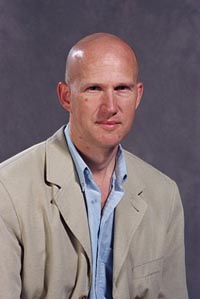
Professor John Schad from Loughborough University will become Professor of Modern Literature at Lancaster. He studied for his BA at the University of York and his PhD at the University of Wales.
His main areas of research range from critical-creative writing, modernism, Victorian writing and literary theory to the relationship between religion and literature.
He said : “I will enjoy being part of a department that brings together critical and creative writing since my current project – a quasi-novelistic account of the lives of Jacques Derrida and my own father – attempts a fusion of the two genres, or traditions.”
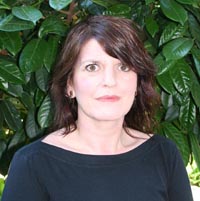
Joining him is Dr Liz Oakley-Brown from Canterbury Christ Church University. She completed her BA, MA and PhD at Cardiff University and her main research interest is the construction of early modern identities (1480-1700), with a focus on translations into English.
She said: “I am delighted to be joining a department which has an excellent reputation for teaching and research. As an early modernist, I am particularly excited by the prospect of developing Renaissance studies in a department which has well-established strengths in the subject.
"With my specific interests in Shakespeare and Ovid, I am also looking forward to devising research projects based on the collection of works recently deposited with the University by Lord Hesketh which includes a Shakespeare First Folio and a sixteenth-century copy of the Metamorphoses.”
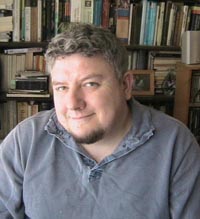
Dr Brian Baker, the third new member of staff, studied for his BA at Warwick, his MA at East Anglia and completed his PhD at Liverpool on the theme of post-war American dystopian science fiction.
He taught literature and film at NEWI in Wrexham before moving to the University of Chester. His research interests include contemporary British fiction, London fictions, masculinities and film studies.
He said: “Lancaster’s reputation as a forward-thinking and innovative university means that I’m sure I will be enthusiastically supported in my own work, which crosses different (and sometimes eccentric) fields of study, just as I look forward to being involved in all aspects of the life of the department.”
Meanwhile a specialist in the history of emotions is joining the Department of History.
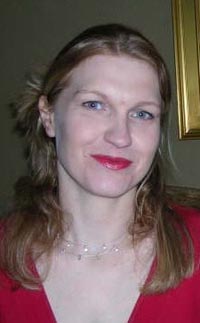
Dr Fay Bound Alberti currently works at the Wellcome Centre for the History of Medicine at the University of Manchester. She took her BA at Wales and her MA and DPhil at York.
Her research interests include the histories of emotions, medicine, subjectivity and gender between 1500 and 1850. Her book “Medicine, Emotion and Disease 1750-1950” will be published this summer by Palgrave Macmillan.She is currently working on a monograph on the history of emotions and the heart and is delighted to be continuing this research at Lancaster.
She said: “I look forward to working in a diverse department with a thriving research culture and an emphasis on interdisciplinarity.”
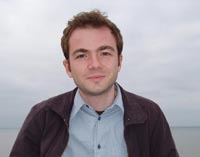
The second lecturer joining the history department is Dr James Taylor, currently teaching at the University of Central Lancashire. He took his BA and PhD at the University of Kent, where he developed an interest in 19th century British history. He is currently researching business fraud and scandal and his first book – “Creating Capitalism: joint stock enterprise in British politics and culture 1800-1870” (Boydell Press) – is published this October.
He said: “Lancaster’s history department has such a strong tradition in social history and I’ve always admired that so it’s nice to be associated with it. It’s an exciting place to work.”